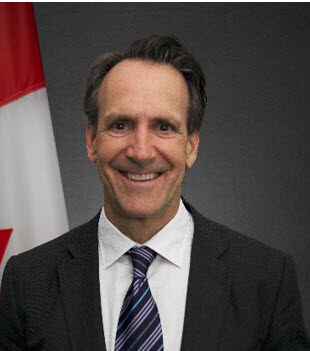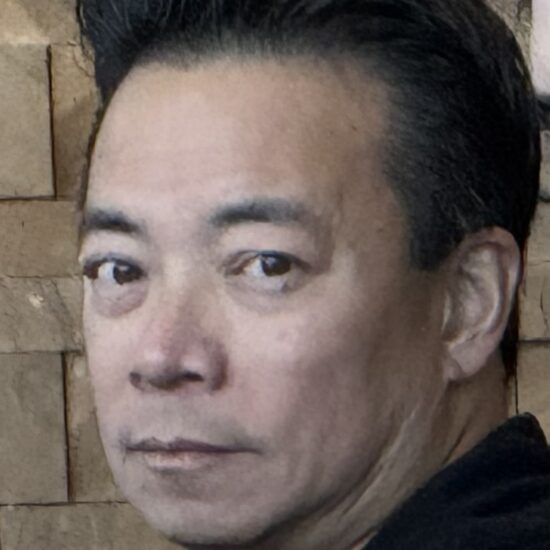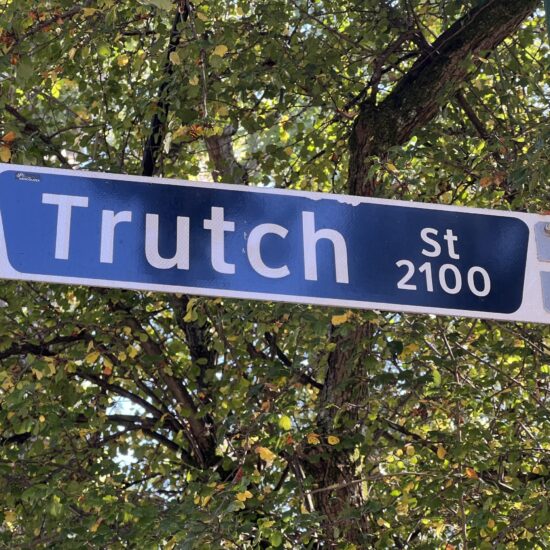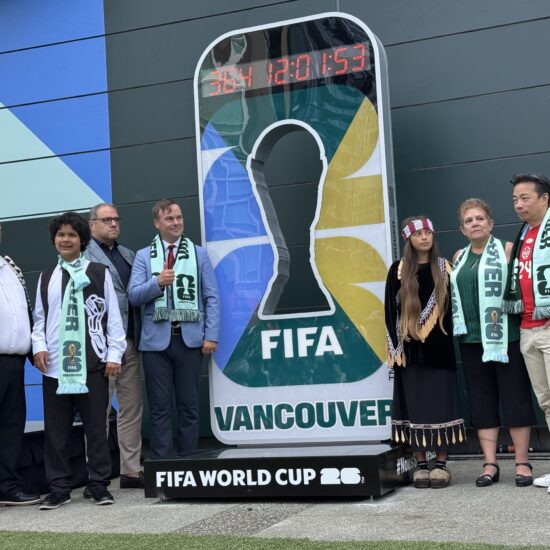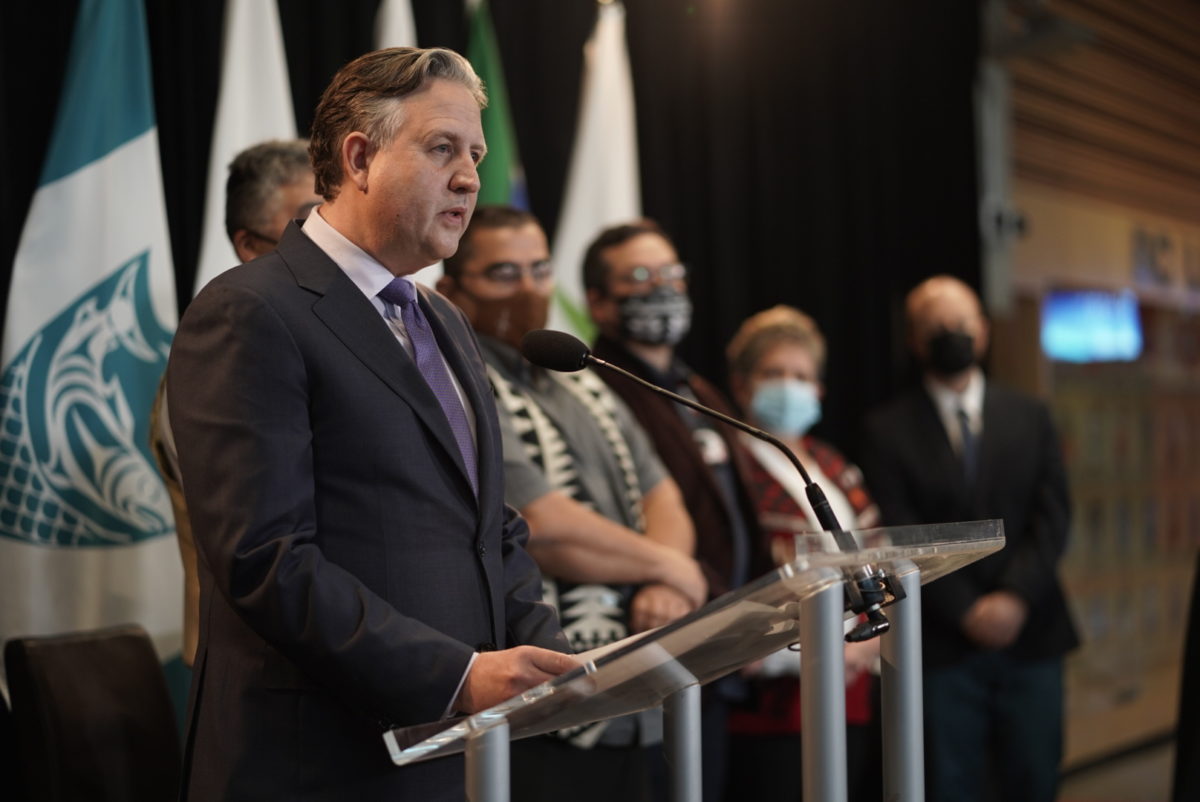
Bob Mackin
There is little appetite for sending Canadian athletes to Beijing this winter or hosting another Winter Olympics in Vancouver in 2030, according to Mario Canseco.
The ResearchCo pollster, a guest on the Dec. 12 edition of theBreaker.news Podcast, says that is what respondents to recent surveys told him. 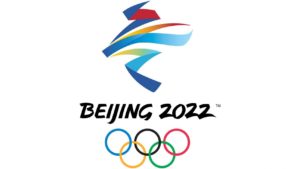
The international diplomatic boycott of the February 2022 Winter Games is not enough. Canadians are disgusted by China’s human rights abuses in Xinjiang, Tibet, and Hong Kong and threats to invade Taiwan, so 56% back a full boycott. The House of Commons unanimously condemned the Uyghur genocide last February and unsuccessfully called on the International Olympic Committee to move the Games out of Beijing.
Seven-in-10 respondents to the ResearchCo poll said they are worried about the health and safety of athletes visiting the country that kidnapped the Two Michaels in 2018 and, a year later, failed to control the Wuhan virus that became known as COVID-19.
As for Vancouver, the Four Host First Nations from the Vancouver 2010 Winter Olympics reunited Dec. 10 to sign a memorandum of understanding with mayors of Vancouver and Whistler to explore bidding on another Olympics. They called a news conference in the B.C. Sports Hall of Fame to say they want to host the first indigenous-led Games in 2030.
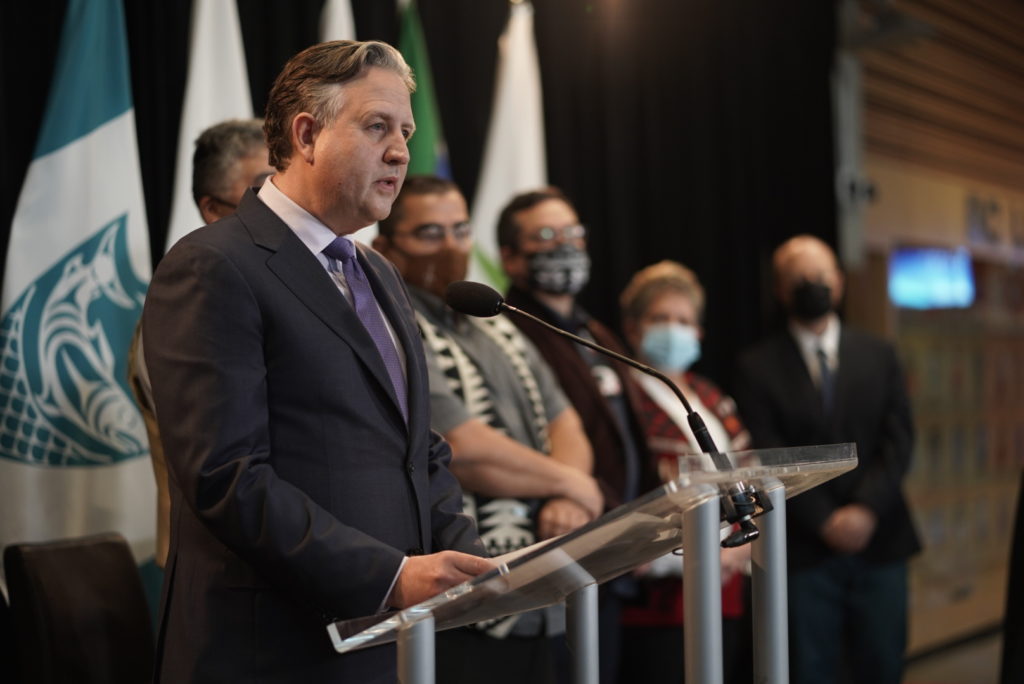
Vancouver Mayor Kennedy Stewart on Dec. 10 (City of Vancouver)
The key word is “led.” Despite differing levels of involvement in Vancouver 2010, the leaders of the Musqueam, Squamish, Tsleil-Waututh and Lil’wat first nations do not have the ability themselves to finance, organize, execute or secure a mega-event. Questions about costs were predictably downplayed on Dec. 10.
Based on history, Canadian taxpayers would be on the hook to underwrite the $2 billion cost of operating the Games and pay $1 billion for RCMP and Canadian Forces security. The IOC would bring sponsorship and broadcast rights dollars to the table. That became a problem last time, during the Great Recession, and governments were asked for bailouts.
As much as Vancouver and Whistler have venues left over from 2010, there would be the irresistible urge to upgrade, renovate and expand them. The Richmond Olympic Oval would need retrofitting because the speed skating oval was removed. The Vancouver Olympic Centre is now a community centre, so another curling rink would be required. While the minor league hockey rinks in Victoria, Langley or Abbotsford could do the job, there has been talk of building a new arena in Surrey.
Canseco said only 43% of respondents to a recent poll backed a Vancouver 2030 bid. Canadians have cold feet after watching Tokyo struggle. The pandemic delayed the Summer Games by a year and took place in empty venues; international tourists not welcome. What’s more, Vancouverites still don’t know the true costs of 2010. The auditor general never investigated. The board minutes and finances are sealed from public viewing until fall 2025 at the Vancouver Archives — two years after the IOC deadline to name a 2030 host. Where did all the money go?

Vancouver 2010 mascots Miga, Quatchi and Mukmuk (VANOC)
Fewer cities can afford the Games. Gone are the costly bidding wars. New IOC rules permit fast-tracked, closed-door talks with interested applicants. That’s how Brisbane, Australia was awarded the 2032 Summer Games last July.
“There’s a very heavy level of skepticism when it comes to the way British Columbians feel about a new bid,” Canseco said. “And one that just might actually be a negotiation — the IOC saying Sapporo is not ready, Salt Lake City is not ready, let’s just do Vancouver without any opportunity for the public to have their say.”
Homelessness, pandemic, overdose crisis, deadly heat dome in June, destructive floods in November, billions of dollars needed to rebuild the Coquihalla highway. Major socio-economic and climate costs dog B.C. taxpayers, not to mention inflation becoming a headache. The NDP government has promised to build a new hospital in Surrey and is early in the replacement of the Pattullo Bridge. The reasons against an Olympic bid are many. Too many, perhaps.
Tricia Smith, the Vancouver-based president of the Canadian Olympic Committee, was giddy with excitement at the Dec. 10 event about the prospect of a bid for a fourth Canadian-hosted Olympics. Oddly, the man who hatched the 2030 idea last year, Vancouver 2010 CEO John Furlong, was absent. Mayor Kennedy Stewart did not say why.
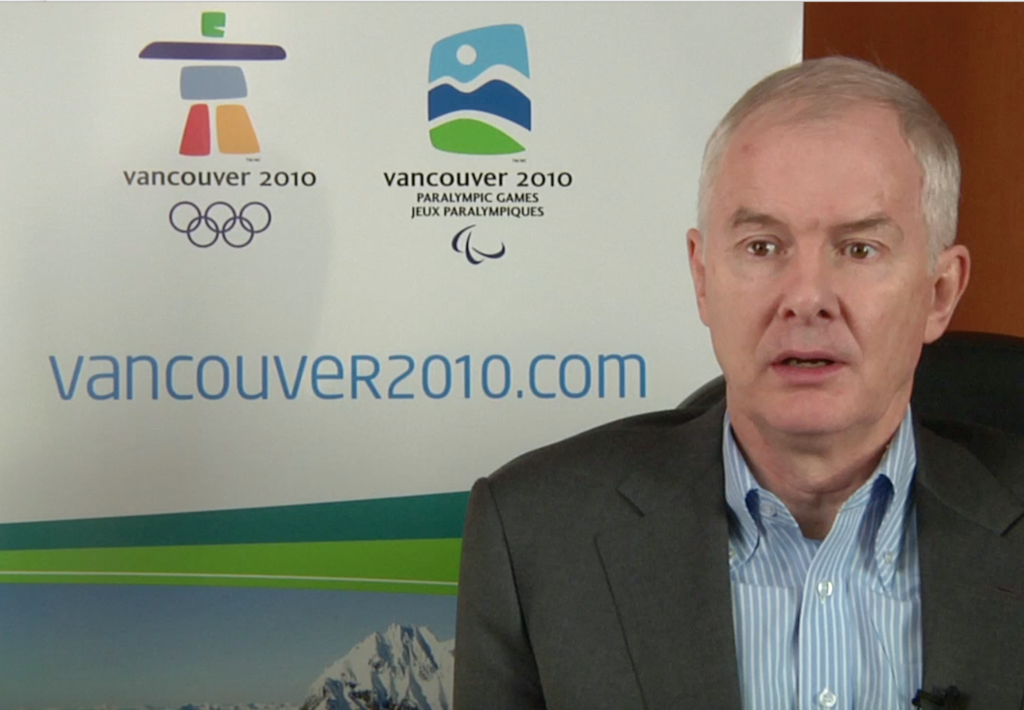
John Furlong (VANOC)
It might have something to do with unanswered questions about Furlong’s 1969 arrival in Canada as a Catholic lay missionary at an Indian day school and the 2012 accusations that he abused members of the Lake Babine First Nation. Furlong denied the allegations, which have never been tested in court. The alleged victims say the RCMP bungled the investigation and the Canadian Human Rights Tribunal is to hear their case in February 2022.
“The fact that John Furlong wasn’t there certainly suggests that the four nations and two mayors believe that he is absolutely toxic, probably better to have Ben Johnson as an ambassador at this point,” Canseco said. “Because John Furlong has become extremely polarizing.”
Stewart spun the relationship as “four [nations] inviting two [cities],” that Vancouver and Whistler are following the lead of the four nations. He said it is in the spirit of reconciliation for Indian residential schools and colonialism. He wants city council to give thumbs up by next July, before the pre-election recess.
What is really behind this?
It is not sport.
Instead, real estate and politics.
Stewart is in campaign mode. He is running for re-election in next October’s election. Back in 2018, he won the job by fewer than 1,000 votes on a platform promising to build 85,000 housing units over a decade. He is also pushing for a SkyTrain subway to the University of British Columbia. Stewart needs to show progress on housing and rapid transit to keep his job.
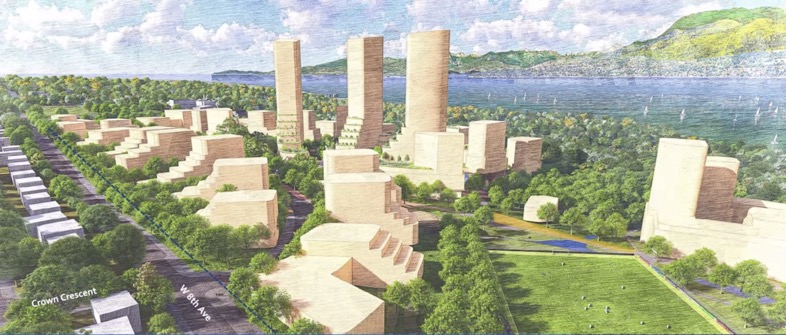
Jericho Lands concept (MST Development)
None of the four bands is self-governing. They all remain under the federal Indian Act. Squamish and Tsleil-Waututh treaty negotiations with Ottawa and Victoria stalled in 1995 and 1997, respectively. Musqueam reached a framework agreement, the fourth of six steps, in 2005. Lil’wat is not involved.
Three of the bands are the biggest proponents of high-density residential development in the city, especially on Point Grey.
In 2014, Musqueam, Squamish and Tsleil-Waututh put their differences aside to team up as MST Development. They became owners of a portfolio of surplus federal and provincial land as a trio and in partnership with the Aquilini Development Corp. and Canada Lands Corp.
MST’s CEO is David Negrin, who walked across the street from his position as the head of the Aquilini family’s development arm. The Aquilinis own the most-profitable 2010 Games venue, Rogers Arena, and want to build the Garibaldi ski resort near Squamish, in partnership with the Squamish Nation.
The latest plans for Jericho Garrison and Jericho Hill call for 9,000 units housing between 15,000 and 18,000 people, with three towers up to 38 storeys each.
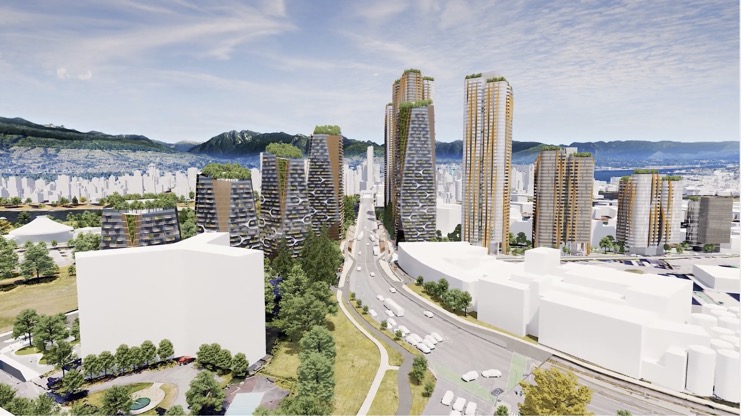
Senakw concept (Squamish Nation/Westbank)
The Heather Lands would include 2,600 units in buildings ranging from three to 28 storeys.
Separate from MST, Squamish Nation partnered with Westbank Development for the proposed Senakw development around the Burrard Bridge. That would have 6,000 units for 10,000 people, in 11 towers from 17 to 59 storeys.
An Olympics in 2030 would be the impetus for rapidly building enough to house more than 3,000 athletes and officials, plus extending the subway to UBC. It would also provide MST the biggest advertising opportunity on the planet to sell the rest of the condos in their pipeline to a global audience.
A multibillion-dollar ad campaign in the form of a 17-day mega-event, backed by Canadian taxpayers, of course.
Support theBreaker.news for as low as $2 a month on Patreon. Find out how. Click here.






